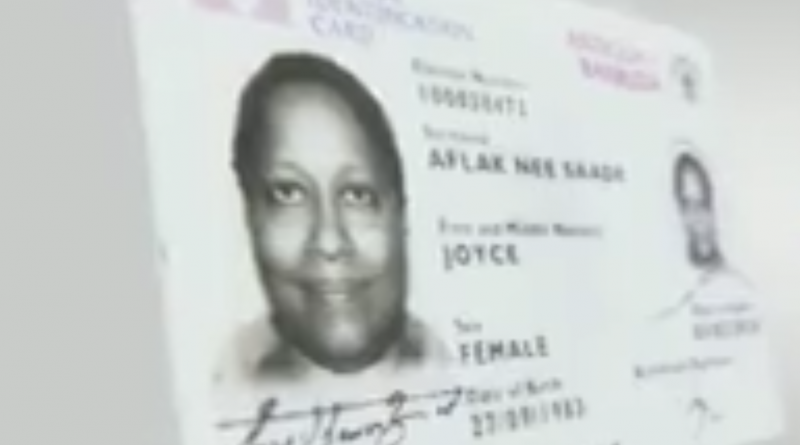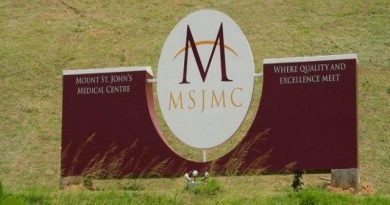ABEC officials and Cabinet discuss the way forward on voter ID cards and boundary changes
Although the voter-identification cards used in the past two
General Elections are set to expire at the end of this month,
March 2024, a date for the commencement of re-registration is
yet to be announced.
However, the renewal of cards and re-registration were discussed
by the Cabinet on Wednesday, March 6, when the Executive met
with the chairman of the Antigua and Barbuda Electoral
Commission (ABEC), Arthur Thomas; the deputy chairman,
Eugene Francis; and Supervisor of Elections Ian Hughes, along
with three other officials from the electoral agency.
The ABEC delegation reported that, during an earlier meeting, a
team from the United Progressive Party (UPP) had indicated its
preference for a complete re-registration exercise, as was done in
the past.
“While the process of renewal or re-registration is likely to be very
much the same, the re-registration will require documentation by
the elector to prove residency and eligibility,” the Cabinet Notes
say.
Therefore, the Cabinet has agreed that due to the expected large
expenditure the exercise will require, an intervention by the
Parliament is very likely.
Parliamentary approval would be required to facilitate the
purchase of new blank cards and new equipment, since the
current machinery is now 10 years old.
Meanwhile, the Cabinet is said to have examined the issue of
boundary changes to redraw the constituencies in Antigua.
The Executive reportedly agreed that boundary changes, “if they
are to achieve greater equality among the constituencies, must
take place following re-registration [when] the number of electors
in each constituency is known.”
The Cabinet also alleges that the two major political parties are in
agreement on the way forward.
This statement is contradicted by an official of the United
Progressive Party (UPP), however.
The Party has said that re-registration should follow boundary
changes, since voters will be required to register in the
constituency in which they have lived for six months.
“Registration before would necessitate a significant number of
transfers after the boundaries are changed,” the official says. “So
it’s more practical to re-draw the boundary lines first.”
Further, the Party’s representative on the Boundaries Commission
has often advocated for the census – now overdue by three years
– to be undertaken ahead of any changes to the constituency
lines.
A census is expected to take place at the end of this year.
A source points out that it is not the number of voters that should
impact changes to the boundaries, but the number of people
residing within a constituency, since new electors are added to
each list every month.




